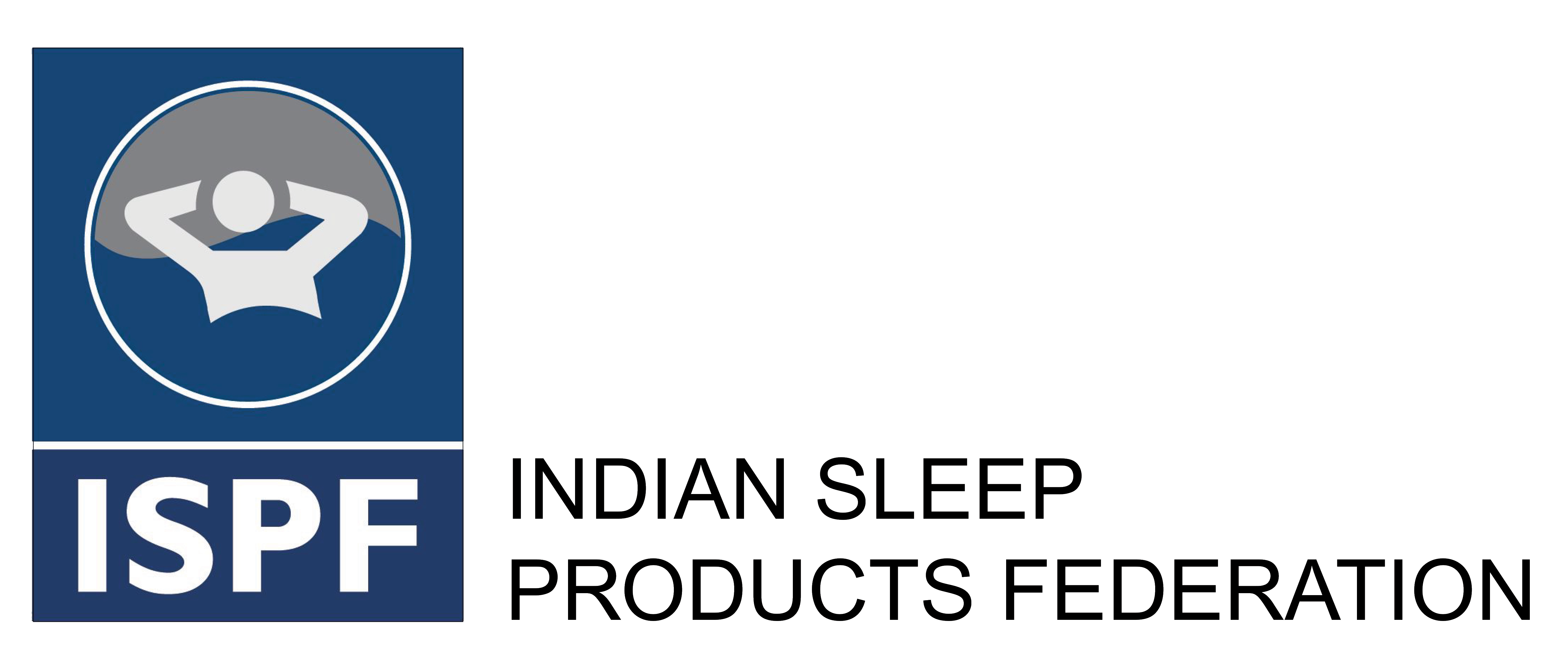Understanding sleep debt helps us fetch better returns on the most important investment we can make in our lives – Sleep health
They say it’s better late than never. It is encouraging to see how people, medical communities, researchers, health practitioners, governments, sleep industry experts and even gadget-makers have started realising the importance of a good night’s sleep and the Sleep Health of an individual. Even if this awakening came a bit late, it’s still a reassuring sight to see. Sleep is, after all, a serious business and an even-serious healthy element for modern lifestyles.
There is no way we can ignore it. More so, with all the sleep debt that has been piling up for so many years now.
EMIs Don’t Work Here
While sleep is as good as a savvy financial investment from many angles, one model that simply does not work here is the assumption that we can compensate for missed winks later or in small bits. Very recent research cautions strongly that extra sleep on weekends cannot compensate for lost sleep. Insufficient sleep can still cause metabolic risks and disorders like diabetes and obesity.
Researchers Christopher Depner and Wright have now found that explain how muscle and liver-specific insulin sensitivity can get worse in people who had weekend recovery sleep. So, no doubt that the Sleep Research Society and American Academy of Sleep Medicine strongly recommend seven or more hours of sleep nightly for adults, if one is looking for optimal health. This is now evident in the stream of well-established advice that insufficient sleep is a risk factor for metabolic disorders. Now we also know that ‘catch-up’ sleep cannot be a solution to chronic sleep loss during the week.
You May Ask Why? Good Question.
Sleep is a complex biological process. While we are sleeping, we are unconscious, but our brain and body functions are still active. They are doing a number of important jobs that help us to stay healthy and function at our best. So when we don’t get enough quality sleep, it does more than just make us feel tired. It can affect our physical and mental health, thinking, and daily functioning.
According to Eunice Kennedy Shriver National Institute of Child Health and Human Development, one of the National Institutes of Health in the United States Department of Health and Human Services, sleep is a period of unconsciousness – this is the phase in which the brain remains highly active.
It is a complex biological process where we process new information, stay healthy and rejuvenate. It leads the brain through five distinctive phases: stages 1, 2, 3, 4, and Rapid Eye Movement (REM) sleep.
Each phase is important to ensure that the mind and body are rested and recharged. Some phases also help us learn information and form memories.
Inadequate sleep, hence, can make learning and processing information difficult in terms of its short-term impact. The long-term health and well-being effects are also quite appalling.
Look at what Stuti Jaiswal and other researchers published in their work titled ‘Raising Awareness About Sleep Disorders’. Sleep disorders tend to affect a substantial number of people worldwide and this number and intensity are only on the rise ahead. What’s more alarming is that these disorders can go unrecognised and untreated in clinical practice. To add to that, the issue gets ignored in the primary-care landscape.
Some time back, a study showed that sleep problems are climbing fast in developing nations and Asia and Africa are reporting trouble with sleep (Findings from the INDEPTH WHO- SAGE study) Many studies have argued and corroborated about the links among ageing, sleep deprivation, obesity, depression and risks for Alzheimer’s disease. To add to that, when we sleep less we are more prone to anger and errors than what we would normally succumb to. Research by some experts at Michigan State University has noted how small distractions can result in grave consequences (a roughly 15 percent increase in errors) for sleep-deprived people. Also, when researchers from Iowa State University measured propensity towards anger before and after sleep manipulations by having participants listen to noise products and by creating uncomfortable conditions, the ones in a sleep-restricted group showed ‘substantially higher’ anger than the ones in the unrestricted sleep group.
So that means there is a lot that can happen with sleep debt – that cumulative effect of not getting enough sleep. Settling for inadequate sleep during a hectic day or the work week may not be a great idea according to sleep scientists.
Poor sleep practices mean poor sleep hygiene. As per the Centers for Disease Control and Prevention as well, adults should get at least seven hours of sleep each night. According to Dr Eric Sztejman, a specialist board certified in sleep medicine at Virtua Medical Group, those in the age bracket 25-72 need seven to nine hours of nightly sleep.

Debt Does Not Work – But Compound Interest Does
The good side of good sleep is multi-pronged and infinite. There is so much that one can earn by investing in the right sleep.
As Maiken Nedergaard, co-director of the Center for Translational Neuromedicine at the University of Rochester Medical Center (URMC), revealed in a recent study – Sleep is critical to the function of the brain’s waste-removal system. That’s why the deeper we sleep the better it is. Looks like sleep does more than its bit to rest and rejuvenate our bodies. Good and calm sleep also works as a waste-bin service. Slow and steady brain and cardiopulmonary activity associated with deep non-REM (Rapid Eye Movement) sleep have now been observed to be optimal for the function of the glymphatic system. That’s the brain’s unique process of removing waste.
In fact, researchers have also found links between our immune systems and sleep. Some studies have also unravelled mysterious links between life’s purpose and healthy sleep. People who have a purpose in life show a moderately- better quality of sleep and that is an interesting global sleep disturbance measure.
A 2019 study by researchers at RMIT University in Melbourne, Australia built upon known links between memory and depression.
It may sound like a repetitive suggestion, but we cannot ignore the many simple and complex outcomes that sleep health endows us with:
- Proper functioning of the body and its organs
- Aid for healing and repair of cells
- Memory-formation
- Stress reduction
- Elimination of toxins
- Enhancement of the brain’s capacity to encode new skills, insights, memories and lessons
- Cleaning the day’s slate so that the brain cements new memories and is ready for the next day
That said, people need to be aware, educated and equipped about making sleep better and healthier in the face of the stressful and sleep-deprived lifestyles they are leading. A survey done by the American Alliance for Healthy Sleep (AAHS) has underlined the need for more access to affordable sleep care and accurate sleep-health information.
This is important when we see its findings – 48 percent showed that their primary care physician has never asked questions about sleep during consultations or physical exams. And, 78 indicated cost affects their decision to seek medical care. But this is the most salient finding- as many as 54 percent were unaware of whether sleep services are covered by their insurance. Not just patients but primary-care providers and family physicians also are in dire need of additional sleep education. Plus, there is a need for additional research in exploring alternative or improved therapies for sleep disorders, especially when patients face failures with traditional therapies.
In fact, the situation is becoming more deplorable and daunting every year and in every place as we keep ignoring the value of good sleep hygiene. In a recent nationwide survey conducted by Centuary, it was noticed that 27 percent of people don’t feel rested when they wake up, 68 percent of people experience restless sleep, 58 percent of people complain of back problems while sleeping and 53 percent of people sleep late due to gadgets or while watching programs or social media feed.
As Stuti’s research work emphasized, the spread of Western culture, technology, activity habits, diet etc. is ensuring that sleep issues may only continue to increase. We need more efforts in advocacy, research, and education and it is crucial that clinicians utilize their knowledge and current research regarding sleep disorders. We need to recognize these problems in the clinic and treat patients accordingly.
One fun way to get strong and smart about sleep hygiene can be to listen to this quirky tip from sleep doctor Michael Breus who has meticulously divided four different chronotypes and given them an ideal daily routine. Working as per an individual’s own chronotype can help to attain better health and productivity by having quality sleep health.
So you should eat, exercise and sleep as per your type.
It’s not as difficult as it sounds. Just make sure that you do not accumulate any debt when it comes to sleep. Practice good sleep hygiene by fixing sleep patterns and putting some effort into where, how and when you sleep. Stay away from the blue light and surrender yourself to a cosy mattress when it’s time.
It’s time to raise and embrace more awareness about the importance of sleep to health, and also the role of a good mattress in providing better sleep. Look for the perfect mattress; do not let it be a low-priority affair. Lie down, as Purshottam Malani, Chairman & Managing Director, Centuary Fibre Plates Pvt. Ltd recommends it best. “The perfect mattress for any individual is the one which agrees with one’s body; so the recommended way to choose a mattress is to lie down on the product and experience the comfort level.”
Do not take sleep too lightly. It might leave expensive problems for one’s mental and physical health. There is no credit card that you can swipe here. Sleep is cash. Use it and enjoy it today. Sorry, tonight


